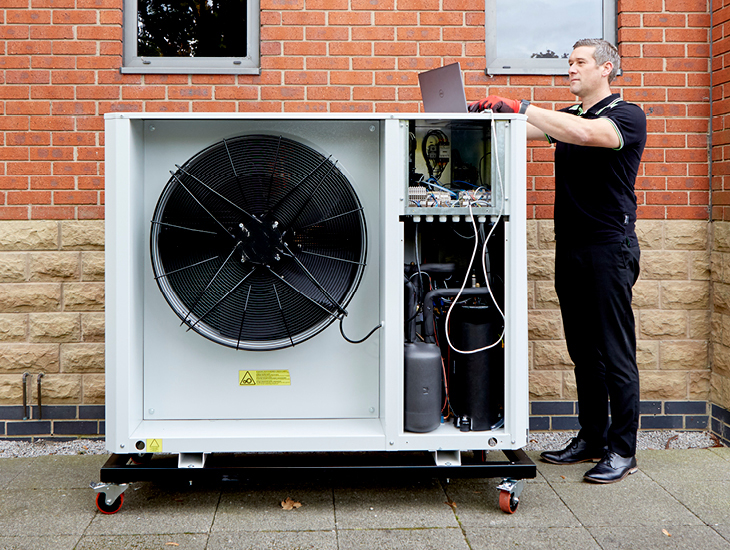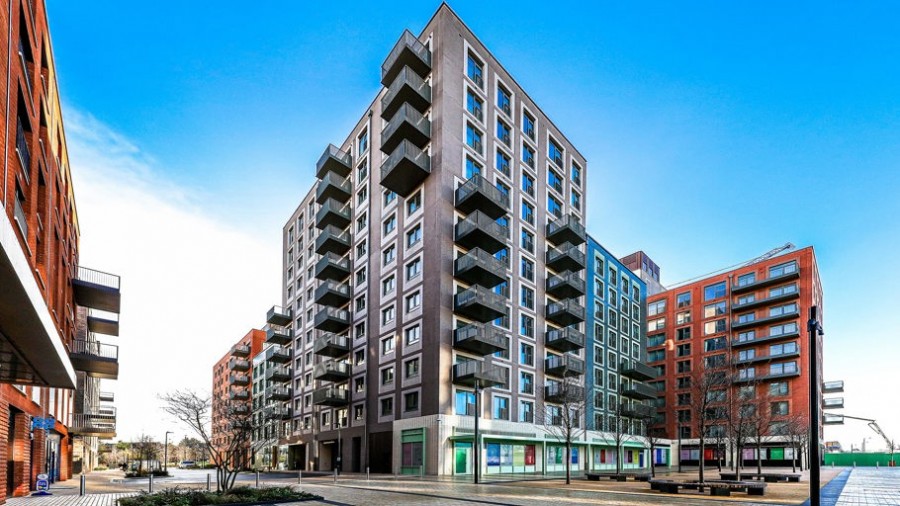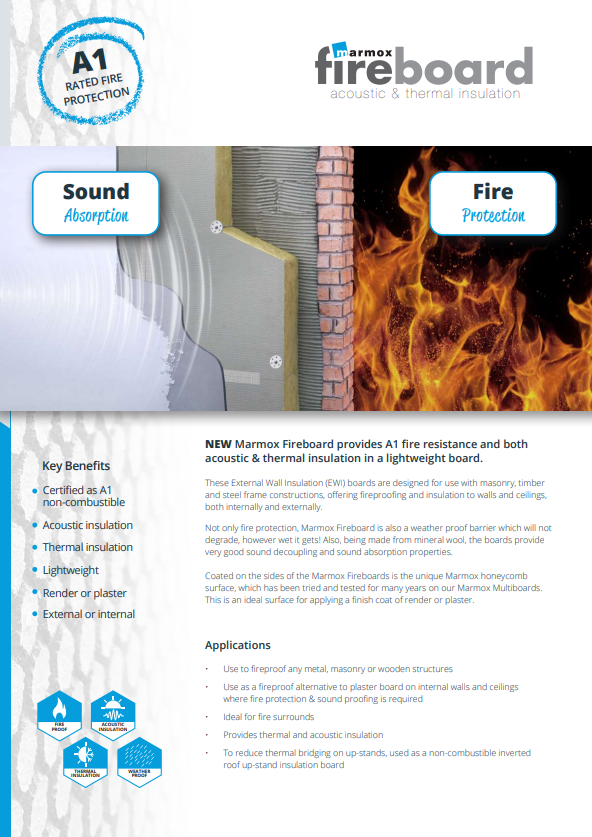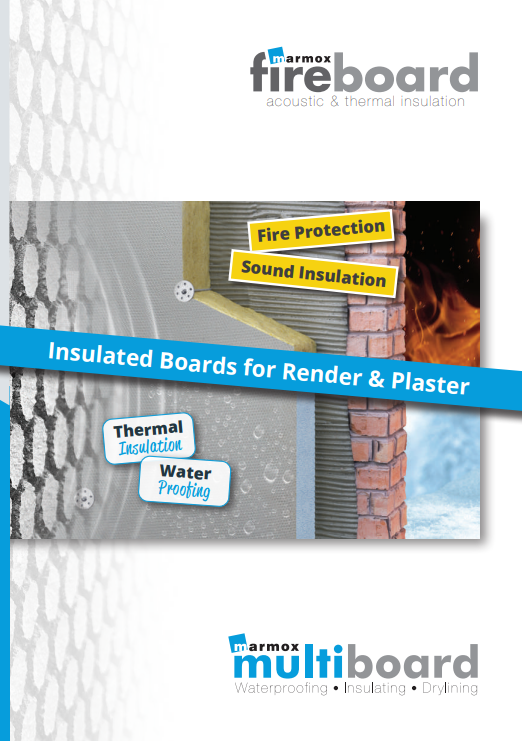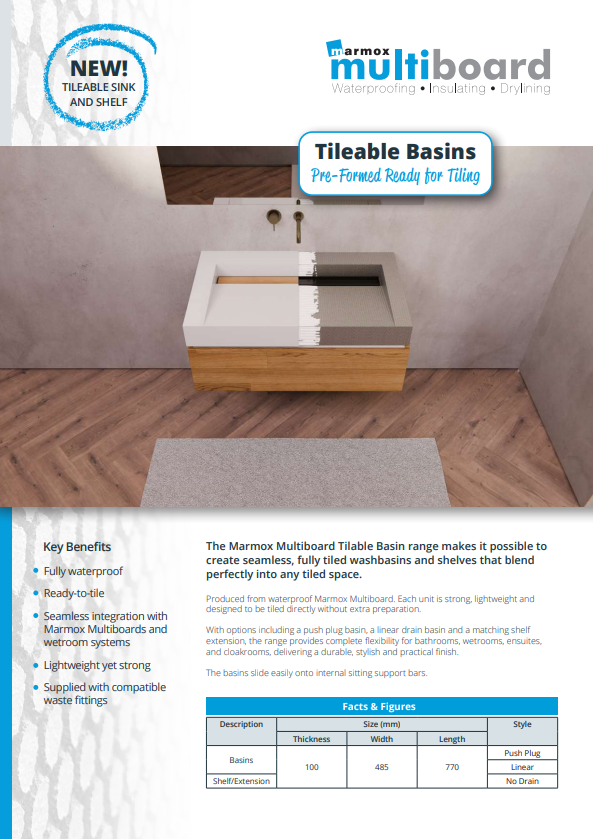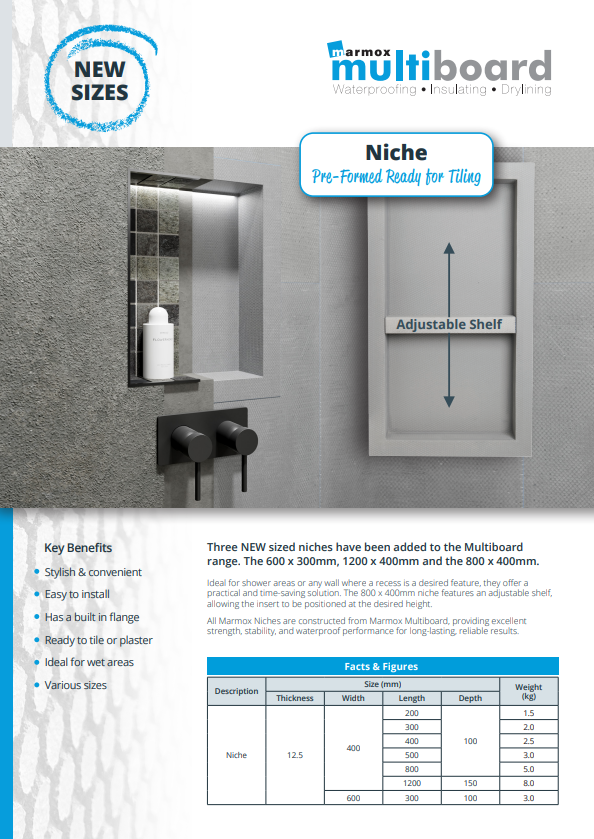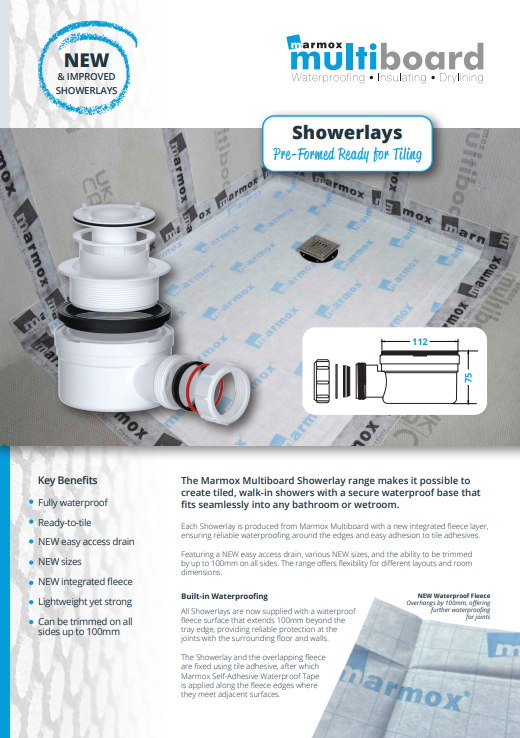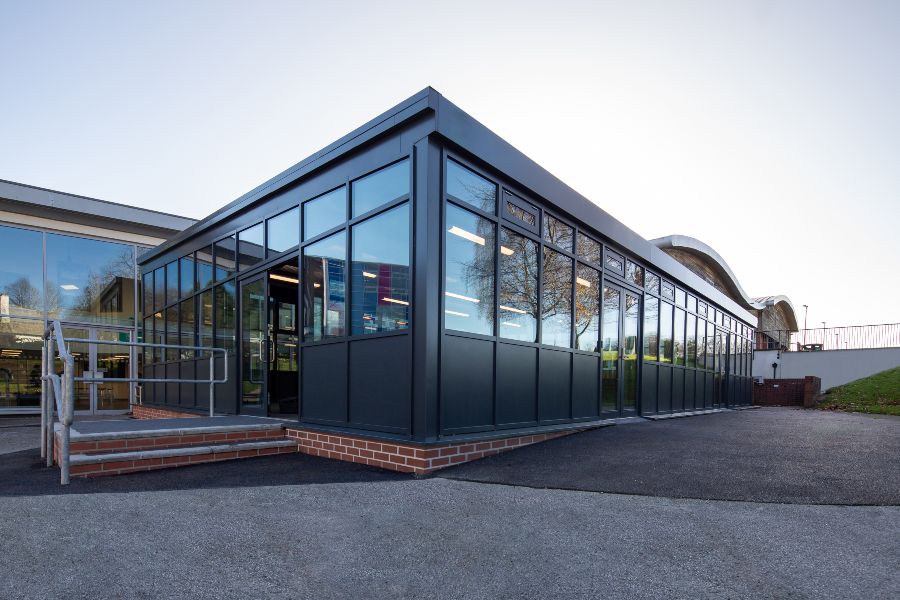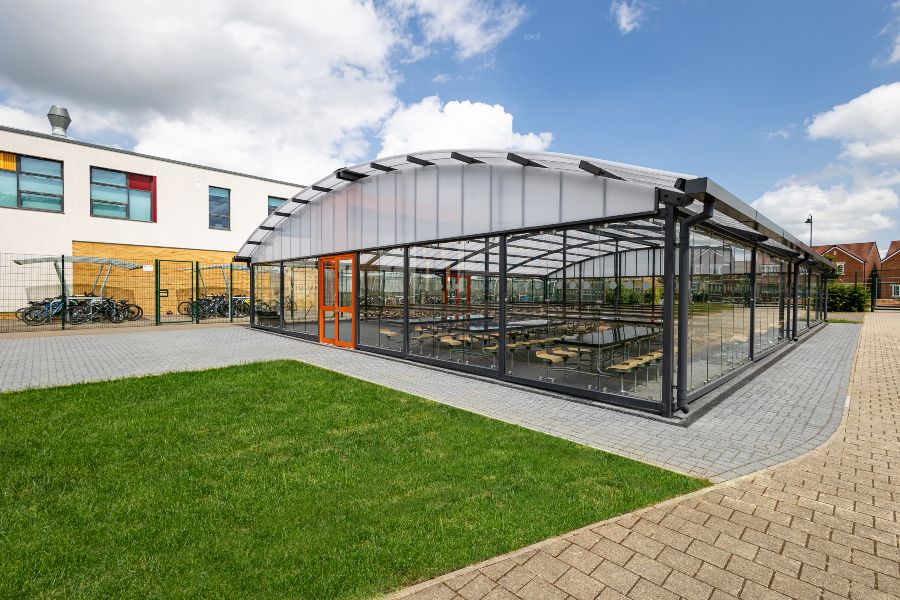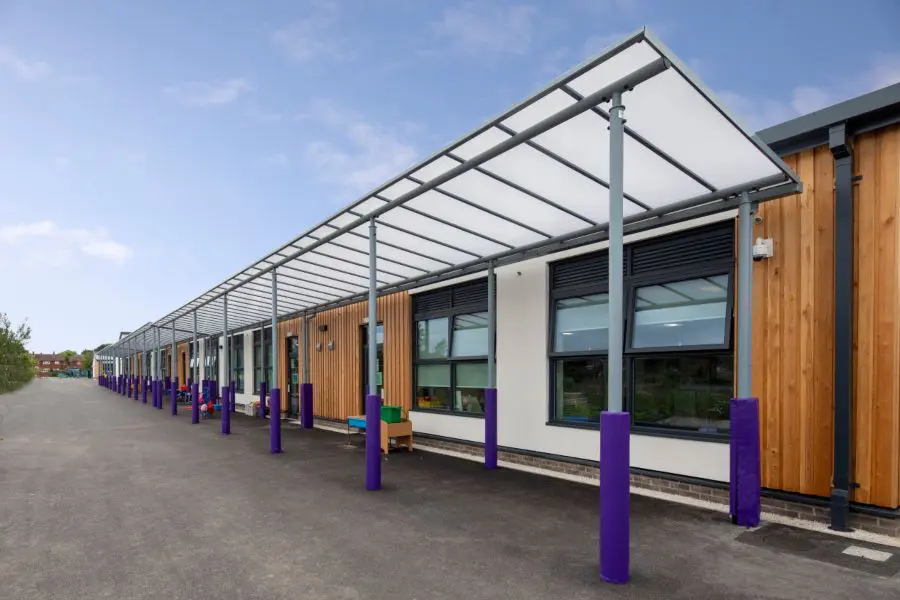Mortar is typically easy to use and specify, but it can often be susceptible to problems stemming from a number of factors such as the weather and porosity of the brick or block.
Iain Betts, an expert in mortar from Tarmac’s Building Products team, comments:
During warmer summer months, water within traditional mortars can evaporate, preventing the cement from fully hydrating. This can result in inconsistent mortar bedding, flaking and porous joints, and soft, friable mortar; none of which are conducive to long-lasting, effective construction.

Many modern bricks have high suction properties, meaning the essential water content of the mortar migrates into the brick itself. While there are benefits to porous blocks, specifiers and contractors must be aware that using a standard mortar will result in poor hydration of the cement, causing a low-strength bond between the brick and mortar. The quicker setting times of poorly hydrated mortar also gives contractors lower workable product times. This can lead to poor quality finishing as the bricks can only be adjusted for a short time once laid, and higher construction costs if more material is required to compensate for inaccuracies.
Many housebuilders attempt to combat these issues by dampening or wetting the bricks before laying them; or undertaking the majority of masonry work during cooler temperatures. However, these approaches provide no guarantee of delivering the necessary level of water retention.
Fortunately, manufacturers are developing innovative mortar solutions to improve water retention, such as ‘Hydrocure’ from Tarmac’s Building Products division.
With specially formulated mortars like these, the water retention value is often in excess of 90%, so moisture remains in the mortar for longer despite the temperature at the time of application. This promotes a consistent and durable joint finish, while allowing

the cement to fully hydrate. Mortar with improved hydration will also set at a slower pace, increasing workable product times and adjustment periods. In turn, it makes brickwork easier to point and can perform regardless of brick choice, to ensure housebuilders don’t need to make radical specification changes.
With housebuilding targets ever-increasing, budgets coming under greater scrutiny, and the margin for error getting smaller, the need for high volume mortar supply is not likely to change. With manufacturers, like Tarmac, rising to the challenge and creating new products, it’s up to the industry to maximise the use of these innovative solutions and firmly put troublesome mortar flaws in the past.
For any specifiers keen to learn more about the benefits of using specially formulated mortars to tackle the effects of moisture migration, please call Tarmac’s technical team on 03701 116 116, or visit: www.tarmac.com/hydrocure.









